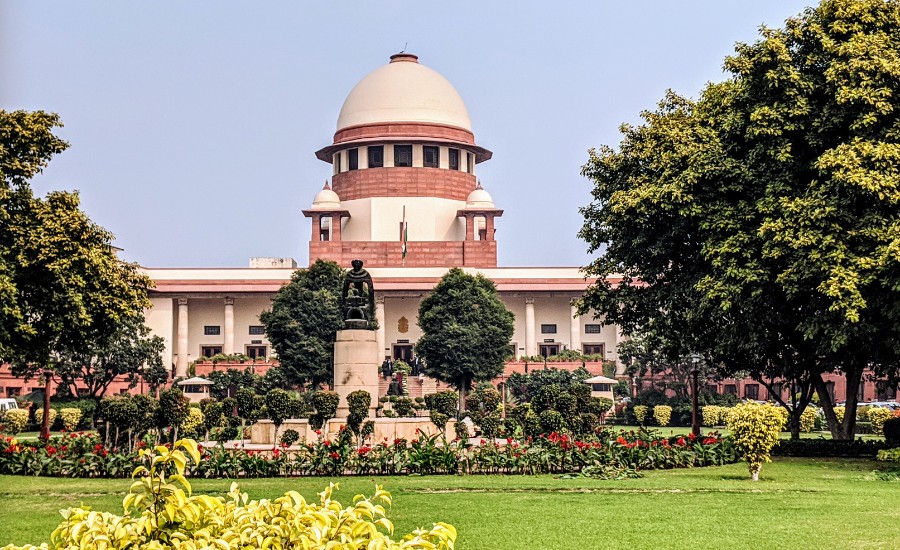
The Supreme Court’s judgment in the Article 370 case has triggered intense reactions, with the political context significantly influencing how it is perceived alongside its legal merits. The response has often been entangled in the complexities of legal issues and the historical rights and wrongs that Kashmir has endured.
To evaluate and respond to a Supreme Court judgment, the typical focus centers on its legal merits, ultimately contributing to a perception of the judgment’s legal legitimacy. However, it is essential to consider additional dimensions of legitimacy. In his paper, Richard Fallon introduces moral and sociological legitimacy, rooted in moral considerations and societal acceptance, respectively. Although Fallon initially applies this concept to the evaluation of a constitution, it is applicable to other entities, including judgments. Our Chief Editor, Sudhir Krishnaswamy, has extended this framework to assess the basic structure doctrine.
The concept of legitimacy, viewed in a broader sense beyond mere legal legitimacy, was a consideration in our Constituent Assembly as well. During the early days of crafting the Indian constitution, certain members of the Assembly raised concerns about the legal legitimacy of the Indian Constituent Assembly, given the Muslim League’s boycott. There ensued a debate on whether the Constituent Assembly should proceed with drafting the Constitution or await the participation of the Muslim League. The Cabinet Mission Plan — the that set up the Assembly — was referred to in thes debates. Dr. Ambedkar, however, saw the issue as extending beyond legal matters. He warned the Assembly:
“It may be that you have the right to do so [to move ahead with constitution-making without the League]. The question I am asking is this. Is it prudent for you to do so? Is it wise for you to do so? Power is one thing; wisdom is quite a different thing and I want this House to consider this matter from the point of view, not of what authority is vested in this Constituent Assembly, I want this House to consider the matter from another point of view, namely, whether it would be wise, whether it would be statesmanlike, whether it would be prudent to do so at this stage.”
Ambedkar was alluding to the idea that the legitimacy of the Assembly does not solely rely on its legal credentials. He was highlighting a broader, more moral perspective—questioning whether it is morally or politically sound to undertake constitution-making without the participation of a key political group.
In Justice Kaul’s opinion in Article 370 judgement, he strikingly suggests the establishment of a ‘truth and reconciliation commission’ akin to post-apartheid South Africa. While not legally binding, this suggestion underscores how moral considerations can hold significance for judges themselves and the broader discourse – enough to even warrant inclusion in a judgement.
Returning to Article 370 case, arguments about its temporary provision fall under legal legitimacy, while contentions about the fairness of repealing Article 370 without consulting the people of Kashmir, irrespective of the legalities involved, constitute moral arguments. Making these distinctions allows us to organise not just arguments in the public sphere but also helps us better respond ourselves to key constitutional developments including judgements.
